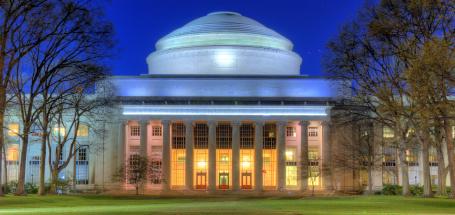Chairs: Jennie C. Stephens, National University of Ireland Maynooth & Noel Healy, Salem State University
Special interest groups include but are not limited to industries such as fossil fuel and utility companies, and encompass corporations, family businesses, trusts, and other financial vehicles. For example, activists, journalists, and scholars have documented numerous financial and academic partnerships between fossil fuel companies and university researchers, as well as appointments to university boards and administrative roles. But, the scope, nature, and consequences of these relationships have yet to be systematically studied.
In particular, the Working Group is interested in assessing the risks to knowledge production and democratic governance from industry partnerships that directly or indirectly constrain researchers’ choice of topics, or choice of applied policy responses to climate change. The Group’s main normative concern is that these as yet under-researched partnerships between industry and institutions of higher education may serve to justify the delay or obstruction of action on climate change.
The working group is also concerned with pathways apart from research partnerships, which special interest and industry groups may take to exert undue influence on universities and academic research, such as the promotion of special interest affiliates on Boards of Trustees, industry career recruitment on university campuses, and ideological projects to promote ‘freedom of choice’ in relation to areas better dealt with by scientifically informed regulation.
Some initial research questions for this working group include:
- What does the universe of actors that are currently influencing academic research on climate change look like? (e.g., fossil fuel companies, utilities, Koch network and think tanks, ultra-wealthy individuals)
- What pathways do these actors take to influence academic research on climate change? (e.g., donations, research partnerships, university boards, campus recruitment).
- How do these actors work to influence research and teaching? In which disciplines are such actors’ activities concentrated?
- How does this influence affect the prospects for meaningful climate change action by universities?
Photo by Sean Pavone / Shutterstock



